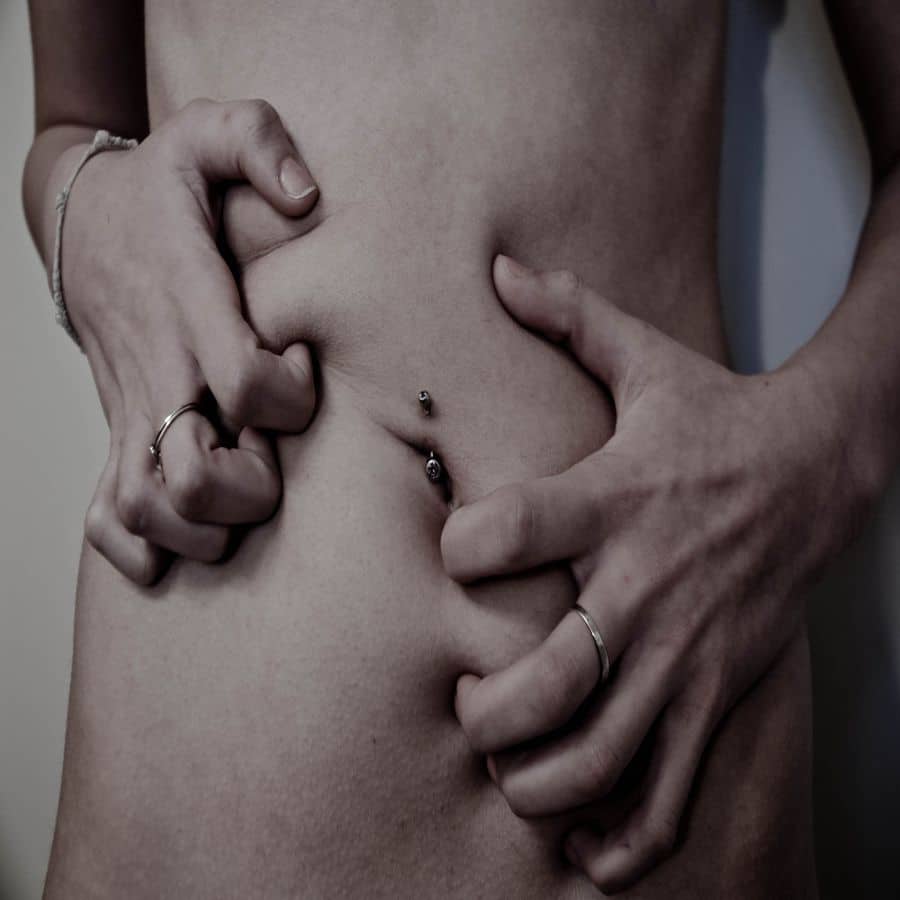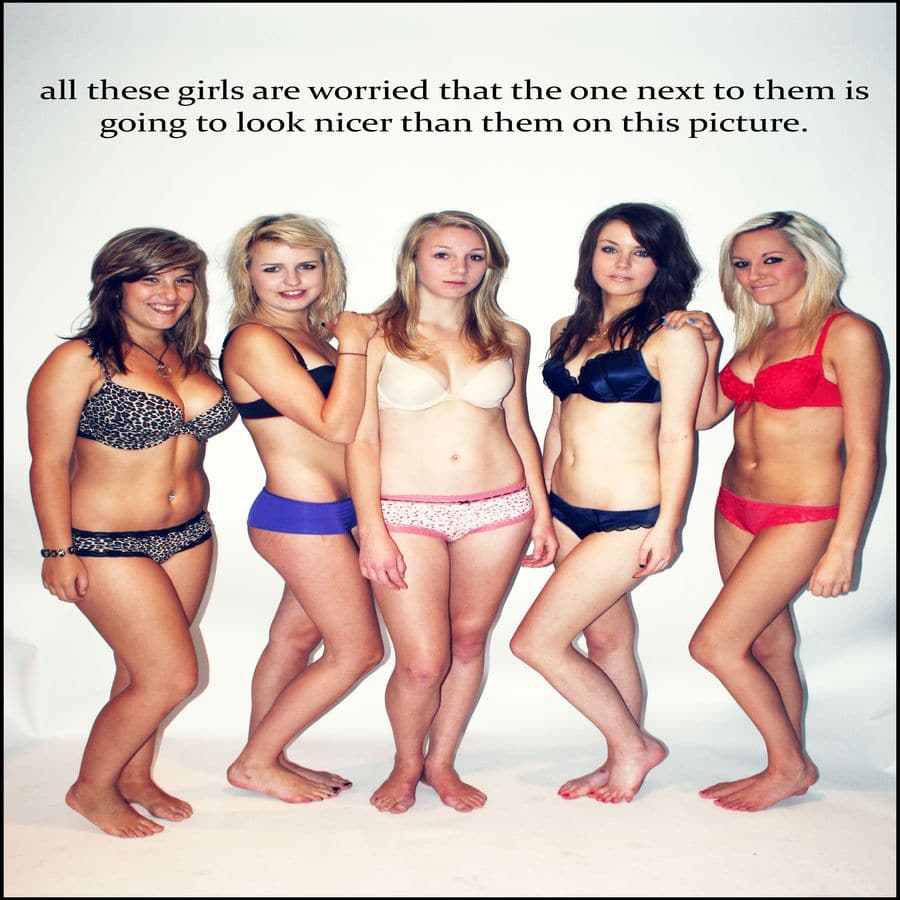Hypnotherapy To Treat Eating Disorders – What Is The Latest Research?





Anorexia nervosa or anorexia is an eating disorder identified by an abnormally reduced body weight, extreme concern of gaining weight as well as an altered perception of physical body weight. People with anorexia perceive a high worth on controlling their weight and also form, utilizing severe initiatives that often tend to dramatically meddle with activities in their lives.
In many cases, people of anorexia may go out of their way to consume the least amount of food as possible. In extreme cases, throwing up after a meal or abusing laxatives capsules are used so that a person can control how many calories they consume daily. Solutions to treating bulimia have incorporated hypnotherapy treatment since the early 1980s.
Hypnosis is continually being seen as an adjunctive solution to traditional methods in overcoming this psychological shortcoming. Since there is a disassociation theory associated with eating disorders, these particular types of patients have responded quite well to hypnosis. For example, two female twin’s age 19 were being treated for emotional eating disorders. They received six consecutive hypnosis sessions to get to the root of their problem. During the initial sessions, it was identified that the twins had suffered through physical abuse from their father at a very young age. Imaging sessions were used since they had such a high level of hypnotic susceptibility which made their hypnotherapy sessions more pronounced. The research concluded that combining hypnotherapy sessions along with the traditional family therapeutic sessions would be substantial for future cases.
In another study highlighted in the 2014 issue of the Journal of Clinical Experimental Hypnotherapy, a female in her early 20s received hypnotherapy for one and half months after being diagnosed with anorexia. Detailed psychological assessments were done at the beginning of the study and measurements were rated based on her perception of eating as a whole. Behavioral intervention was used to combat her existing eating behavior. Hypnosis was also implemented by giving her suggestions for strengthening her ego and her overall body image. In an attempt to identify any underlying conflicts, and age regression session was conducted as well. At three months and eight sessions, the patient had made a great improvement in both her perception of her body as well as her positive attitude towards eating.


Lea was a 13-year-old girl identified as an anorexic who needed hospitalization as well as partial receding because she was a mere 81 pounds when admitted to the hospital. She thought that everyone saw her as overweight and she wanted to have the perfect body of a model. After two initial trance sessions were used to improve her mental picture of her body image, the teenager mentioned that she started having a better self-image of her body. After successions, she had increased improvements in addition to bringing her body weight up to 109 pounds. Most importantly, the young girl maintained a healthy weight and internal body image at the six-month follow-up mark.
Lorna was also admitted to the hospital during that time-frame for anorexia and also needed to have a receding to inserted to boost her vital organs. This 20-year-old woman had to undergo 10 hypnotherapy sessions to improve her internal emotional processing. It was not until after her fourth session that she began to improve her body self-image. Lorna was self-sabotaging herself because she felt that the initial sessions were not working. After repeated follow-up, she learned that she had to forgive herself in order to move forward. Once she ultimately forgave herself, she maintained a healthy body weight of 152 pounds. Continued follow-up was needed to ensure that she did not relapse into her old self-sabotage behaviors.
Eva was a 14-year-old anorexic teenager that was admitted to the hospital as she was only 96 pounds. Twelve hypnotherapy sessions were needed to address her self-image. After four sessions, Eva’s treatment started to get some traction is she no longer felt that she was lying to herself when looking in the mirror which would initially cause flare-ups of anger. Continued sessions of hypnotic imagery were suggested in the future so that Eva would not relapse back to levels of low self-worth.
When a person has a poor perception of their body image that is fairly stiff stored it, eating disorders usually develop. This mindset is extremely unhealthy because it can lead to a person that is malnourished and has weight loss that is very unhealthy. Left untreated, the behaviors can lead to significant damage and ultimately death in extreme circumstances. Using hypnotherapy for eating disorders in conjunction with traditional therapies are beneficial since an individual can increase their confidence in themselves by incorporating hypnotic interventions.



